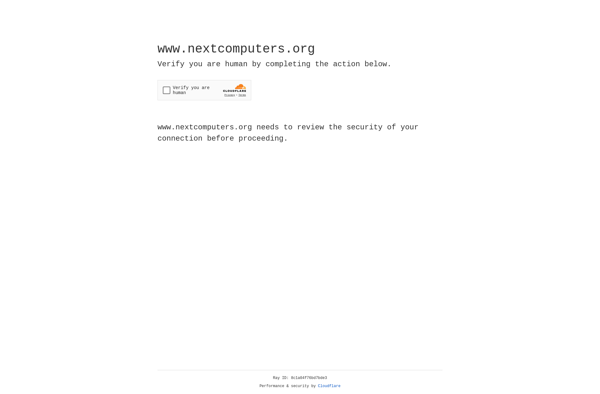Mageia
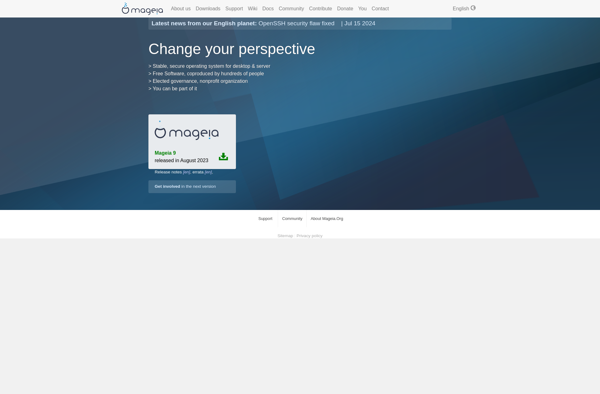
Mageia: Free, Open-Source Linux Distribution
A community-driven project offering a stable, secure and user-friendly operating system for desktop and server use, forked from Mandriva Linux.
What is Mageia?
Mageia is a free and open-source Linux distribution that has its roots in the Mandriva Linux (formerly known as Mandrake Linux) project. After Mandriva S.A, a French company, went bankrupt in 2011, many of the core Mandriva developers decided to fork the distro to create Mageia, which would be community-driven without corporate interests.
Mageia is an all-round distro, suitable for both server and desktop use. It uses a zip-based installer with a simple graphical interface, making it very user-friendly for novice Linux users. Mageia comes with a wide range of standards-compliant software, including many language support, accessibility and even RAD tools out of the box.
Some key features include:
- Rolling release development model after version 7, allowing easy upgrades without reinstallation
- Uses RPM package management with the urpmi command for easy installations and updates
- Strong security focus including SELinux and AppArmor support
- Good selection of desktop environments like KDE, GNOME, MATE, and Xfce
- Live DVD ISOs for easy evaluation without installing
Mageia is a popular choice for users seeking the stability and ease-of-use of Mandriva Linux while supporting an open community project. It has attracted many former Mandriva users as well as newcomers to Linux.
Mageia Features
Features
- Based on Mandriva Linux
- Uses RPM Package Manager and urpmi for software installation
- Supports multiple desktop environments like KDE Plasma, GNOME, Xfce, LXQt
- Easy to use Mageia Control Center for system configuration
- Regular security and bug fix updates
- Large repository of software packages
- Support for 32-bit and 64-bit architectures
Pricing
- Open Source
Pros
Cons
Official Links
Reviews & Ratings
Login to ReviewThe Best Mageia Alternatives
Top Os & Utilities and Linux Distributions and other similar apps like Mageia
Here are some alternatives to Mageia:
Suggest an alternative ❐Windows 10
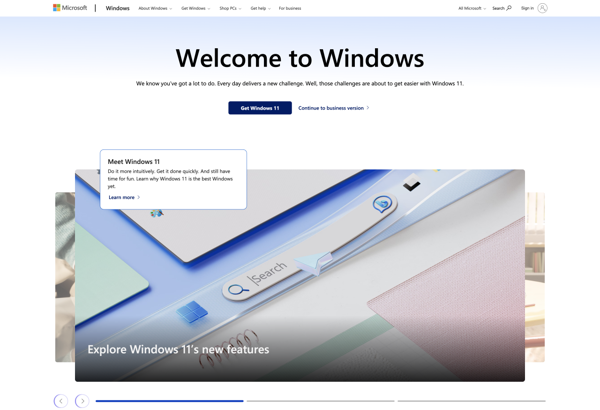
Ubuntu

MacOS

Linux Mint
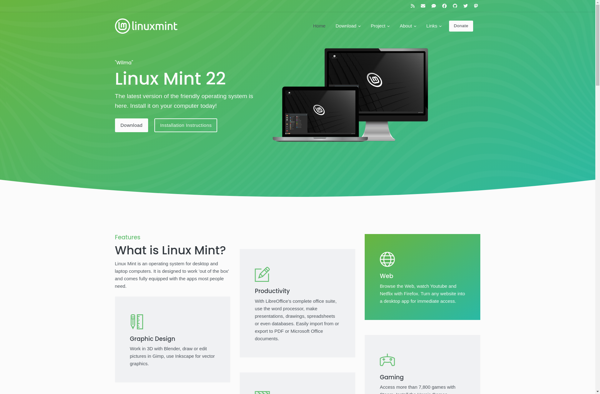
Arch Linux
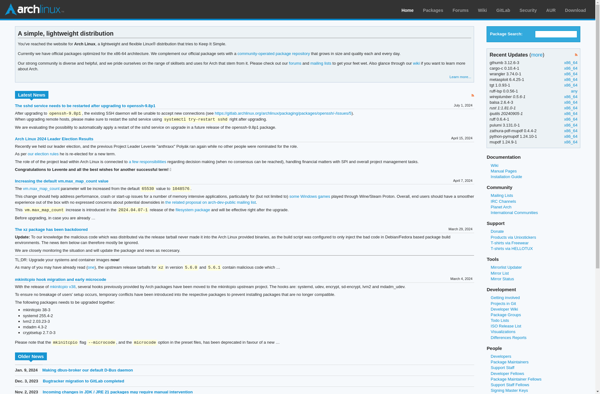
Elementary OS
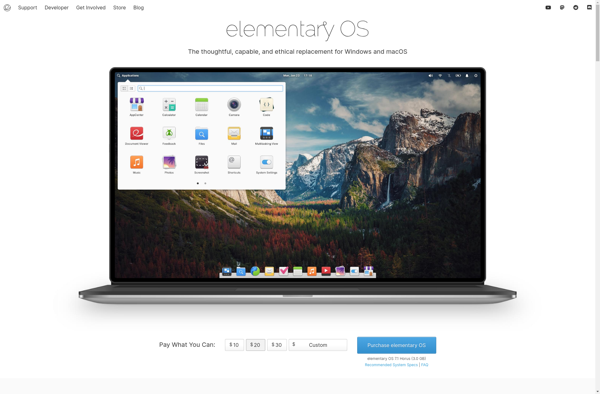
Debian

Fedora
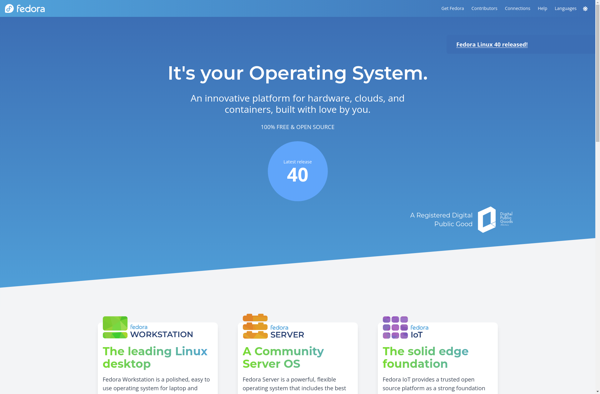
Manjaro Linux

OpenSUSE

Kubuntu
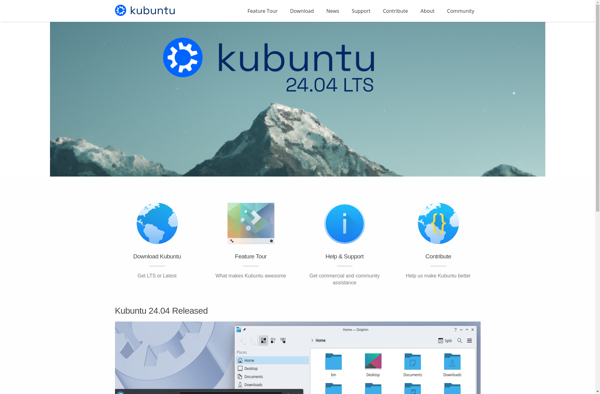
UwUntu
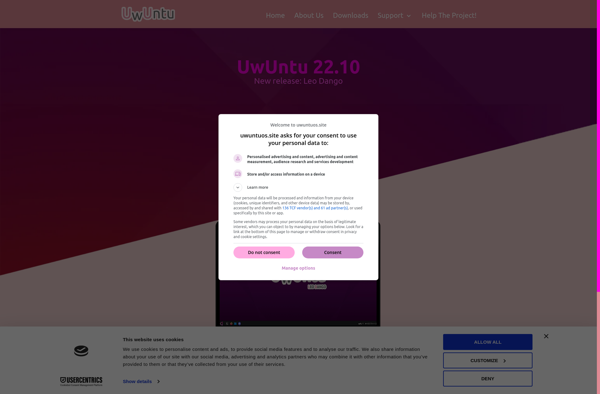
Serenity OS
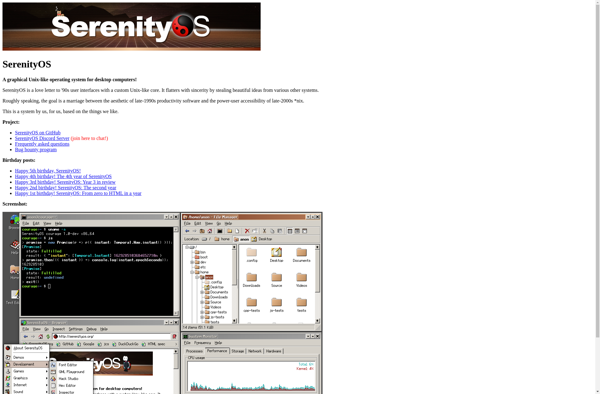
BlackBerry QNX
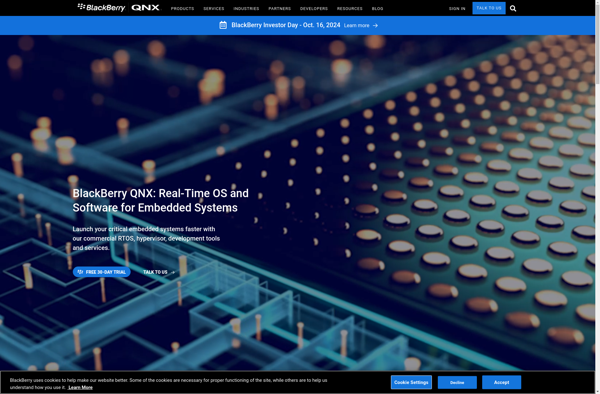
Node OS
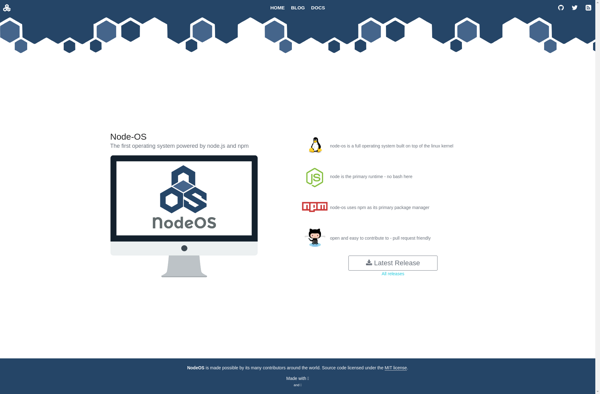
Septor
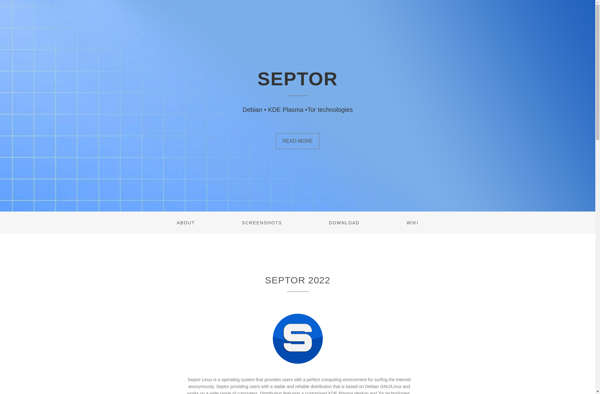
GeckoLinux
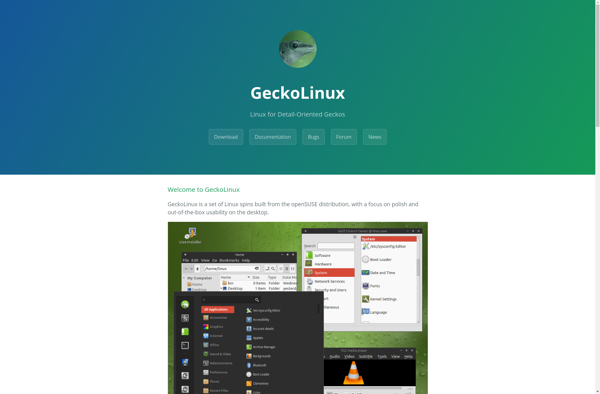
Tanglu
Pisi Linux
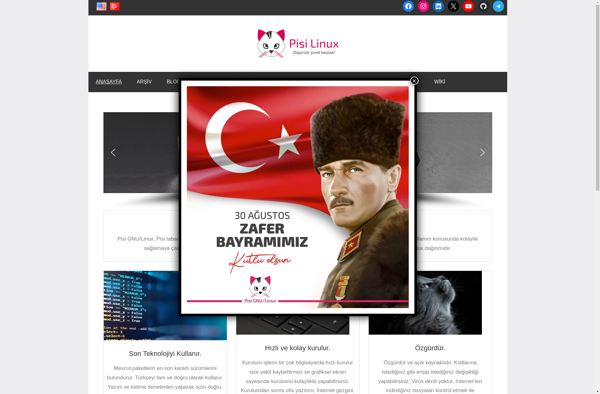
HardenedBSD
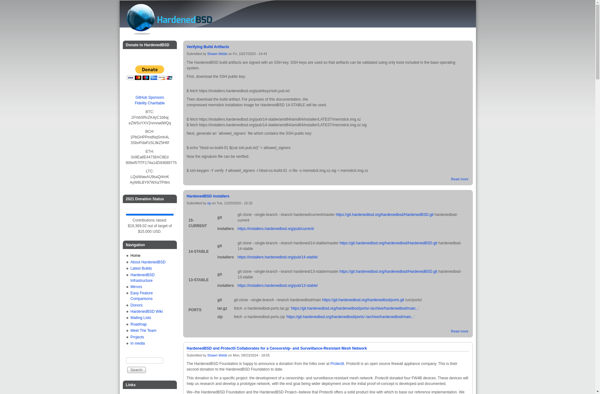
Black Lab Linux
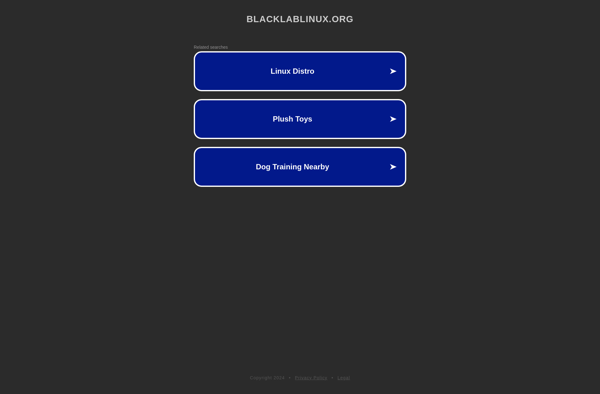
ULinux

NeXTSTEP
